Exploring Game Theory in the Freelancing Industry
In the iconic scene from “A Beautiful Mind,” John Nash, portrayed by Russell Crowe, experiences a moment of revelation while out with his friends at a bar. As five young ladies enter the room, Nash’s mind begins to race, contemplating the dynamics of competition and cooperation. This pivotal moment sparks his groundbreaking theory of game theory, which revolutionizes the field of economics and beyond.
At its core, game theory explores how individuals or groups make decisions in competitive situations, considering the potential outcomes and strategies of all parties involved. Nash’s realization that cooperation can lead to mutual benefit, even in the face of competition, holds profound implications for various industries, including the AV freelancing community.
In the world of AV freelancing, professionals with diverse skill sets and expertise often find themselves in competitive environments, vying for gigs, clients, and opportunities. However, embracing the principles of game theory can unlock new possibilities for collaboration and mutual success.
Consider a scenario where multiple AV freelancers are bidding for a project requiring a comprehensive video production and live streaming setup for a corporate event. Instead of viewing each other as competitors, freelancers can adopt a collaborative mindset, recognizing that pooling their resources and expertise can lead to superior results for the client and greater success for all involved.
For example, a videographer with expertise in capturing cinematic visuals could partner with an audio engineer skilled in optimizing sound quality, while a lighting technician proficient in creating atmospheric ambiance collaborates with a streaming technician experienced in managing live broadcasts. By combining their talents and coordinating their efforts, they create a seamless and immersive AV experience that exceeds the client’s expectations.

Moreover, game theory encourages freelancers to consider the long-term implications of their actions and decisions. By fostering relationships built on trust, respect, and mutual benefit, freelancers can cultivate a network of collaborators who support and uplift each other, ultimately enhancing their collective reputation and marketability within the industry.
Furthermore, game theory can inform strategic alliances and partnerships among AV freelancers, enabling them to leverage each other’s strengths and resources to pursue larger and more complex projects. For instance, a group of freelancers specializing in different aspects of AV production could form a cooperative consortium, allowing them to tackle diverse projects with greater efficiency and effectiveness.
In conclusion, the principles of game theory offer valuable insights into the dynamics of competition and cooperation within the AV freelancing industry. By embracing collaboration over competition and adopting strategic thinking in their interactions, freelancers can unlock new opportunities for mutual success and establish themselves as leaders in the field. Just as John Nash’s beautiful mind revolutionized economics, so too can the spirit of cooperation transform the landscape of AV freelancing.

